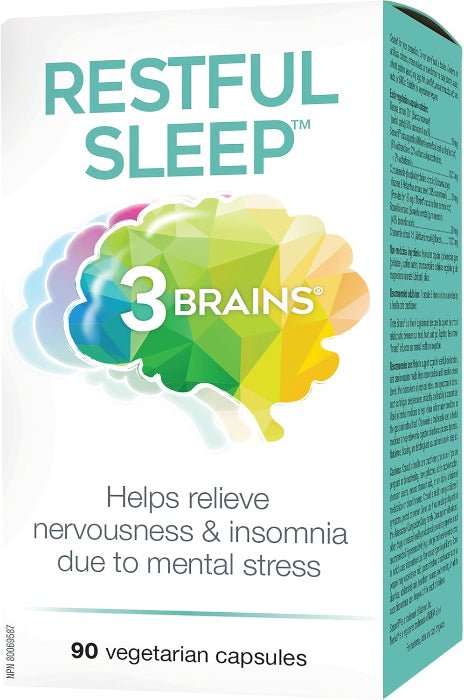As a parent, there's nothing more exciting than the birth of your child. However, taking care of your newborn and ensuring they receive adequate nutrition can be overwhelming, especially for first-time mothers. Breast milk or liquid formula are excellent sources of nutrients for your child, but sometimes you may need to supplement their diet with additional nutrients.
Here are some key nutrients that newborns (0 to 3 years) can be supplemented for optimal growth and development:
Omega-3 fatty acids are essential for maintaining good health, cognitive function, and brain development in children up to 2 years of age. Fish or algae are excellent sources of omega-3, which are of good quality. There are two essential types of Omega-3s: Eicosapentaenoic acid (EPA) and Docosahexaenoic acid (DHA). EPA forms signalling molecules called eicosanoids, which have anti-inflammatory properties. DHA is crucial for children's brain, teeth, and cardiovascular development, particularly in the early years of life.
Zinc is a vital mineral involved in numerous cellular processes, such as protein synthesis, DNA synthesis, and cell division. It helps maintain a healthy immune system and can fight upper respiratory infections. Studies also show that zinc can reduce the duration of common colds if taken within 24 hours of the onset of infection. Zinc also aids in wound healing.
Vitamin D is an essential nutrient that helps the body absorb calcium and phosphorus. This assists in the development and maintenance of bones, teeth, muscles, nerves, and immune system function. Vitamin D3 is particularly important for individuals who adopt a vegetarian or vegan diet, as these diets may be low in vitamin D3. Like omega-3 (DHA and EPA), there is a vegan option for vitamin D3.
Supplementing your child with these key nutrients can help support their growth and development of different body systems. While breast milk or liquid formula can provide many of these nutrients, supplements may be necessary to ensure your child receives optimal nutrition.










